Clos Apalta
£94.00
– bottle
(75cl)
Limited availability
Add item
2018 Clos Apalta, Apalta Valley, Chile
Red
2018
Drink, youthful
Full Bodied
Dry
15.0% Alcohol
Find out more
£432.50
– three- bottle assortment case
(225cl)
Add item
Available in bond
2016 Clos Apalta, Apalta Valley, Chile
Red
2016
Lay down
Full Bodied
Dry
15.0% Alcohol
Find out more
Available in bond
2014 Clos Apalta, Apalta Valley, Chile
Red
2014
Drink, youthful
Full Bodied
Dry
15.0% Alcohol
Find out more
Available in bond
2015 Clos Apalta, Apalta Valley, Chile
Red
2015
Lay down
Full Bodied
Dry
15.0% Alcohol
Find out more
Available in bond
2016 Casa Lapostolle, Petit Clos, Colchagua Valley, Chile
Red
2016
Lay down
Full Bodied
Dry
14.5% Alcohol
Find out more
Available in bond
2017 Clos Apalta, Apalta Valley, Chile
Red
2017
Lay down
Full Bodied
Dry
15.0% Alcohol
Find out more
Available in bond
2017 Casa Lapostolle, Petit Clos, Colchagua Valley, Chile
Red
2017
Lay down
Full Bodied
Dry
14.5% Alcohol
Find out more
Available in bond
2010 Clos Apalta, Apalta Valley, Chile
Red
2010
Drink, youthful
Full Bodied
Dry
14.0% Alcohol
Find out more
Available in bond
2019 Clos Apalta, Apalta Valley, Chile
Red
2019
Lay down
Full Bodied
Dry
15.0% Alcohol
Find out more
Available in bond
2018 Clos Apalta, Le Petit Clos, Colchagua Valley, Chile
Red
2018
Lay down
Full Bodied
Dry
14.5% Alcohol
Find out more


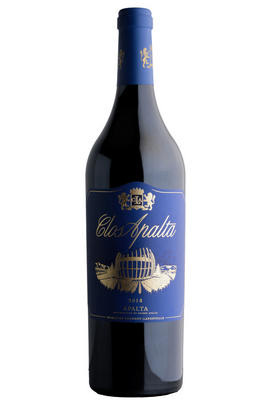
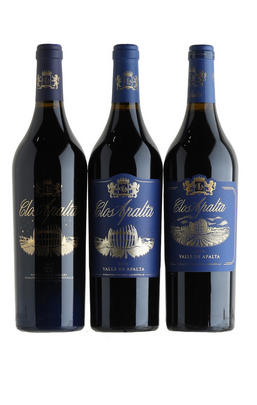
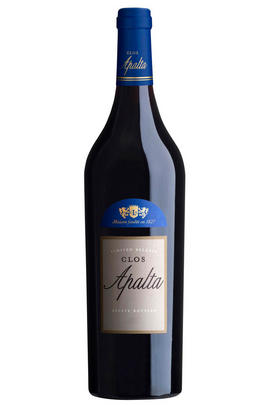
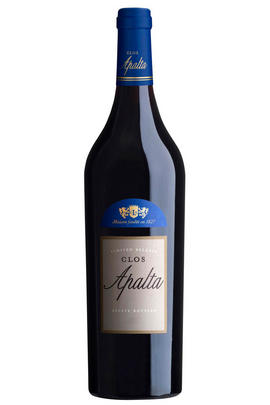
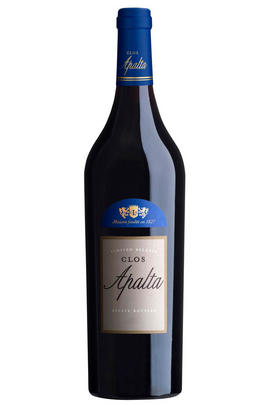
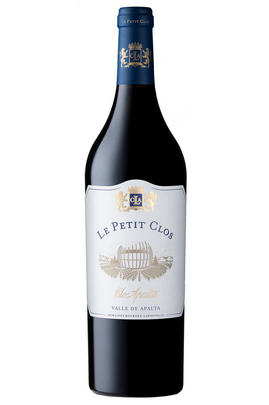
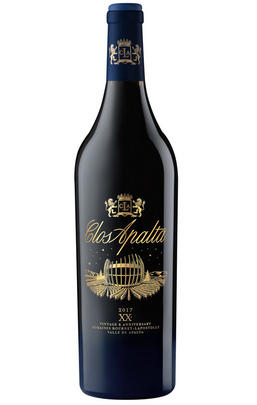
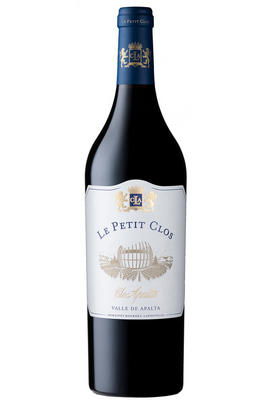
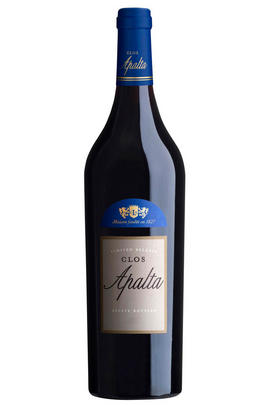
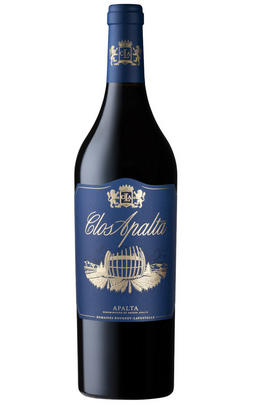
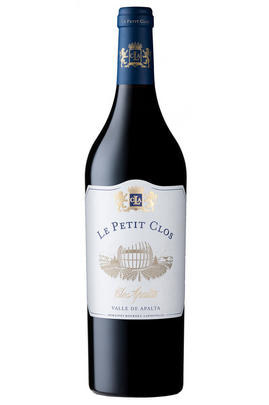
Clos Apalta is a wine estate in the Apalta Valley, a sub-region of Colchagua, Chile. It was founded in 1994 by the Bournet Lapostolle family; their first vintage was 1997. Charles-Henri de Bournet Marnier Lapostolle has led the property as CEO since 2013. Michel Rolland has been the winemaking consultant here since the beginning.
The 60-hectare vineyard is laid out in an amphitheatre, largely facing southeast. There are a lot of old vines here, with an average age of 80 years old. The oldest vines date back to 1915-1920. The vineyard has been certified organic since 2009.
The wines here are red Bordeaux blends. Carménère is the signature grape variety here, along with Merlot, Cabernet Sauvignon, and Petit Verdot. There are two wines produced: Clos Apalta and a second wine called Le Petit Clos.